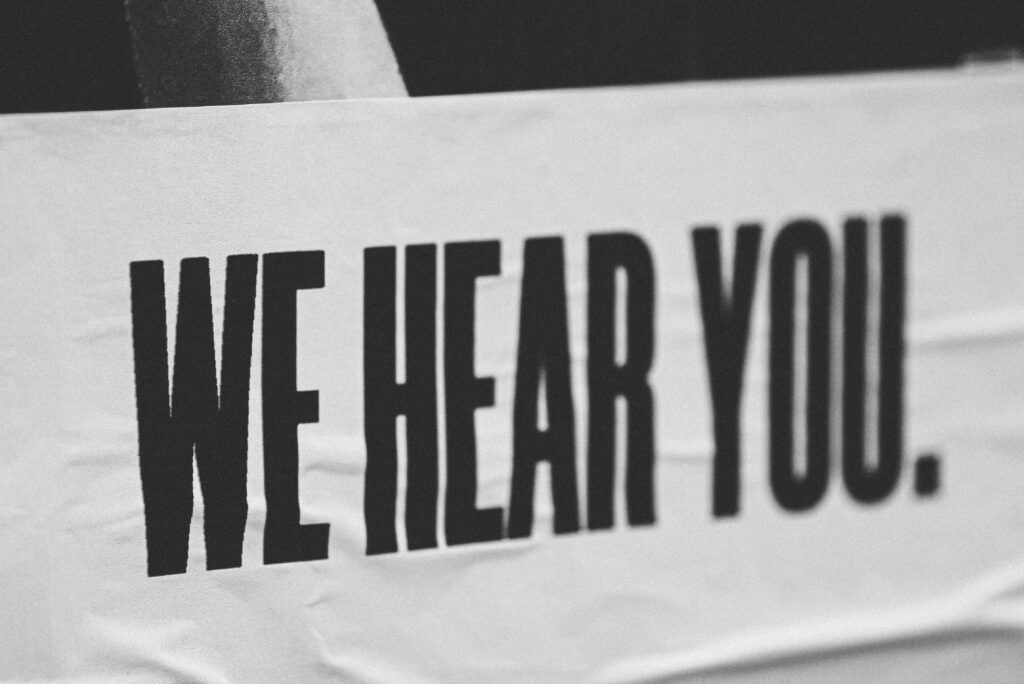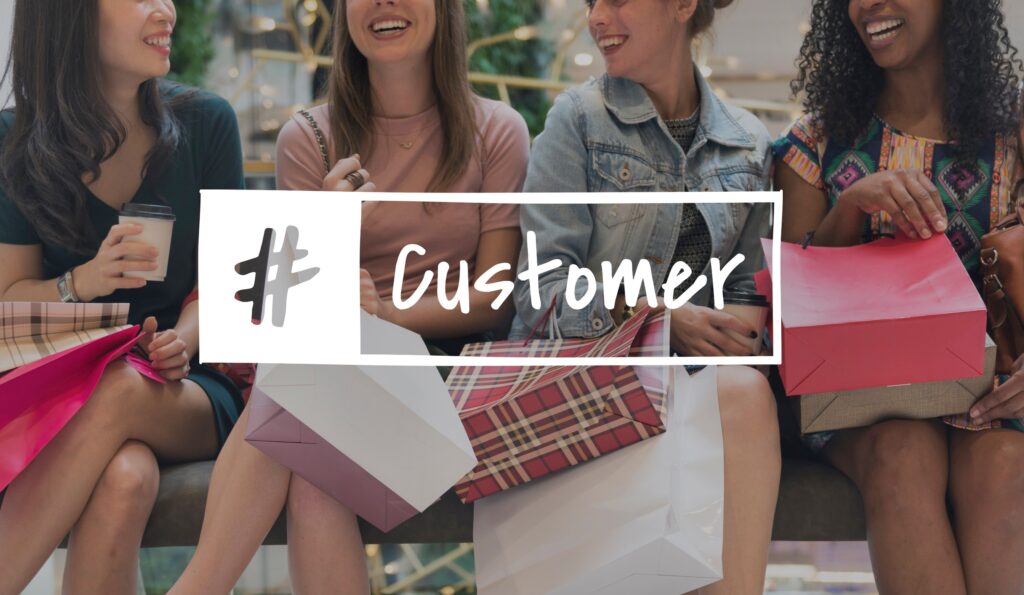Why standout brands take behaviour personally
From NFL franchises to leading global crypto currency platforms, the behaviour of those running major businesses makes international headlines. Whether it’s lying to customers or government officials, squirrelling away funds or cooking the books, bad behaviour is a dealbreaker for brands.
You don’t need to be a saint, just have a moral compass…
Brands seem to struggle with striking a balance between bad behaviour and virtue-signalling. The meter often appears to be shooting from scandal to sycophant when it comes to how brands and brand leaders conduct themselves. This year alone we’ve seen major telecommunication companies boast about funding their employees’ gender transition treatments, whilst subsequently trashing their customer base with terrible customer service and miscommunicated offers. And energy companies have bragged about investing into green energy whilst simultaneously pushing the elderly to the brink of freezing at home due to accelerating price rises. So where should brand leaders position themselves on this immoral VS virtuous scale that doesn’t end up costing them financially or reputationally?
An often-overlooked truth is that the very big brands are often held to a higher level of scrutiny than less well-known ones. They become in effect the category standard bearers. The truth is that we are often prepared to pay for difference even when a brand looks or feels similar to a competitor. And we can often be paying more because a brand has chosen to behave differently. When you buy a pair of Nike trainers, you are paying for the investment in design, materials, image and sponsorship, but you are also paying for the investment in the supply chain. To continue building its business, Nike has had to face up to some of its broader social responsibilities. It has had to regulate suppliers, ensure that contractors adhere to specific conditions and pay workers fairly. Global brands know that they have to factor good behaviour into their business model, because it is increasingly (and rightly) expected by their customers.
Think Patagonia
One brand that has played a masterstroke in this regard is the outdoor fashion leader Patagonia. This year its billionaire founder, Yvon Chouinard, gave away his company to a charitable trust stating that “Any profit not reinvested in running the business would go to fighting climate change.” The fiercely loyal customers of Patagonia didn’t need another reason to love the brand, but this announcement drove their loyalty into the stratosphere. And it’s not the first time the brand has set the standard in this issue. As well as guaranteeing its clothes for life, offering reasonably priced repairs and advertising a jacket with the words: “Don’t buy this jacket” to raise awareness of costs to the environment, the brand’s website now boldly proclaims that: “Earth is now our only shareholder.”
Conversely, other companies get the values of the brand written quickly – knocking out the brand purpose or culture in a series of bullet points and burying it in the back end of the website. The problem with this lip-service approach is that when the brand finds itself in choppy waters, they have nothing to fall back on. If the values of a brand, the very behavioural patterns that underpin how they differentiate in the market, have no foundation, then they can fast become damaging to its reputation. As Warren Buffett, said, “It takes 20 years to build a reputation and five minutes to ruin it. If you think about that, you’ll do things differently.”
Brands such as Patagonia back up their values with an unyielding commitment to conducting business fairly. This is an incredibly successful approach to future-proofing their customer loyalty.

It’s always more than just a product…
Ultimately, customers decide the price they are prepared to pay for a brand. Rather than being fooled into parting with more money than we need to, we often actively collude with companies to pay a premium. We do this because we are buying into so much more than just a product or service. We are pinning our colours to their mast. We are increasing our experiences, wardrobes, food intakes, homes and vehicles and making something that wasn’t part of our lives, very much part of our lives. Brands are an extension of the customer’s human experience. The way brands act affects that experience. That’s why behaviour must be a crucial focus for brand leaders.
This blog is based on the book Myths of Branding. Come check us out at the Caffeine Partnership.




